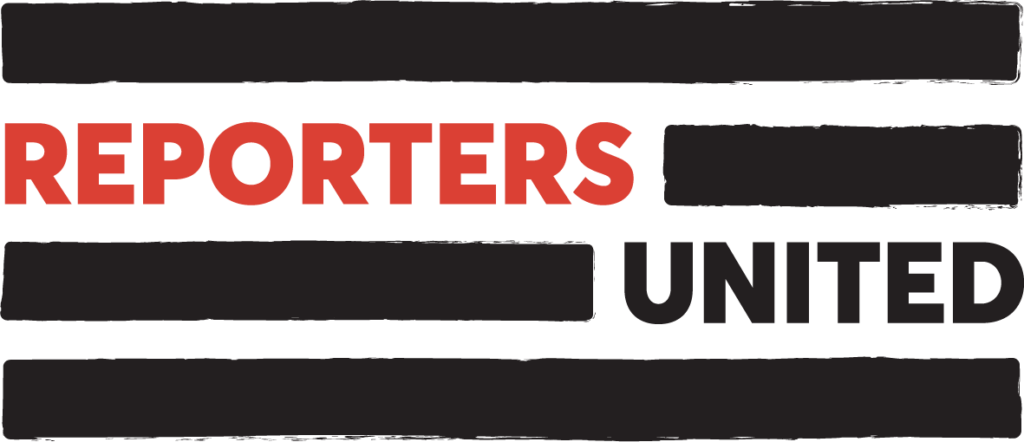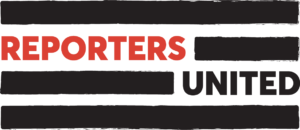The key points of this response are included in our story “Falling from the clouds: life inside Aegean Airlines, Greece’s ‘top employer”.
Dear Mr Malichudis,
Following our earlier correspondence, I am providing below some information about the business which we believe to be useful, in the hope that it will help you in your reporting and in recording the effects of this unprecedented crisis on the company and the sector generally.
We remain at your disposal for any additional clarification or information, and we await your article with interest.
Specifically:
Due to the coronavirus pandemic and the restrictive measures, the aviation sector is facing the biggest crisis in its history. The studies conducted by the International Air Transport Association (IATA) show that in 2020 the sector recorded losses of over 118.5 billion dollars, requiring direct state interventions totalling 35 billion in Europe for the support of the airlines, and 70 billion to date in the USA. Full recovery is expected to take 3-4 years according to international estimates.
AEGEAN has an impressive track record and contribution to the Greek economy – investing systematically in its fleet, with a network covering 47 countries and 157 destinations – and employment. Between 2013-2019 the company created more than 1,000 new jobs, without counting indirect employment. Its turnover in 2019 exceeded 1.3 billion, with 80% coming from abroad, while it moved 9.5 million passengers on its international routes alone, making a significant contribution to the economy. Its direct annual contribution to our country in taxes, contributions and infrastructure levies reached 390 million in 2019, and exceeded 2.8 billion in the decade 2009-2019.
At the same time, the quality of operations and service brought recognition to AEGEAN, which was named the best regional airline in Europe, creating a superb high-quality reference point for our country and its tourism offering.
In recent years, prior to the outbreak of the crisis, out of approximately 3,000-3,100 staff employed over the summer season, roughly 2,400-2,600 have also been employed in the winter, despite the fact that our winter flight activity is just 40% of the summer. It is clear that seasonal contracts are necessary due to the large variation in activity levels.
At the same time, in its effort to offer opportunities to people, around 800 individuals were moved internally between posts for their professional development over the last 4 years. Every year, around 700 staff participate in annual target schemes with bonuses linked to company profitability. Almost 100,000 hours of training take place every year. For these reasons, AEGEAN was named Greece’s top employer to work for in Greece, according to an annual survey by the company Randstad.
The impact of the unprecedented pandemic and the restrictions on movement imposed by states was immediate and inconceivably harsh. All European airlines were forced to make significant cuts in headcount. AEGEAN made the least possible contract terminations, which did not exceed around 5% of staff (obviously in total accordance with employment law), a much lower percentage than state and private airlines in Europe. At the same time, in an effort to support its workers to the extent possible during the crisis, it provided significant additional support to cover the basic needs of staff who were furloughed during the first three months of the pandemic. After a brief return to service between the middle of June and the second lockdown in November, it made use of the “Syn-Ergasia” programme, in which the employer naturally continues to bear the burden for staff working time, while the state makes up part of the employee’s lost income. Naturally, a significant portion of our workers remained fully employed.
From the first moment, and for the duration of the pandemic AEGEAN has provided for and continues to provide for the protection of its workers and to protect jobs, making use of the state’s horizontal measures.
Following approval from the EU in December 2020 and the passage of the relevant law at the end of January 2021, the company is due to receive 120 million as partial compensation for the losses caused by the pandemic and the restrictions on movement during 2020, on condition that a) there is first a capital increase of 60 million euros from private investors, a condition that is implemented for the first time in Greece (compared to models of state support implemented in other countries and airlines), and b) with the completion of the process, the Greek state will be given an option to purchase company shares at the price of new share issues, which it can exercise over a five-year period. Compared to countries of equivalent GDP and population, such as Portugal, but also Germany, France and others, the degree of support is much smaller compared to levels of activity.
The company is proud of its contribution to the economy and its policy towards its people and looks forward to becoming once again productive for the country, its workers, and its shareholders, once the pandemic has subsided.
With kind regards,
Marina Spyridaki
Manager Corporate Affairs
[email at the disposal of Reporters United]




